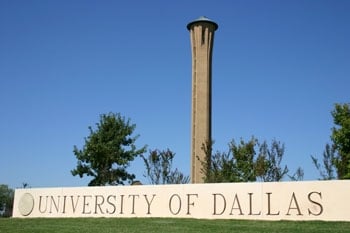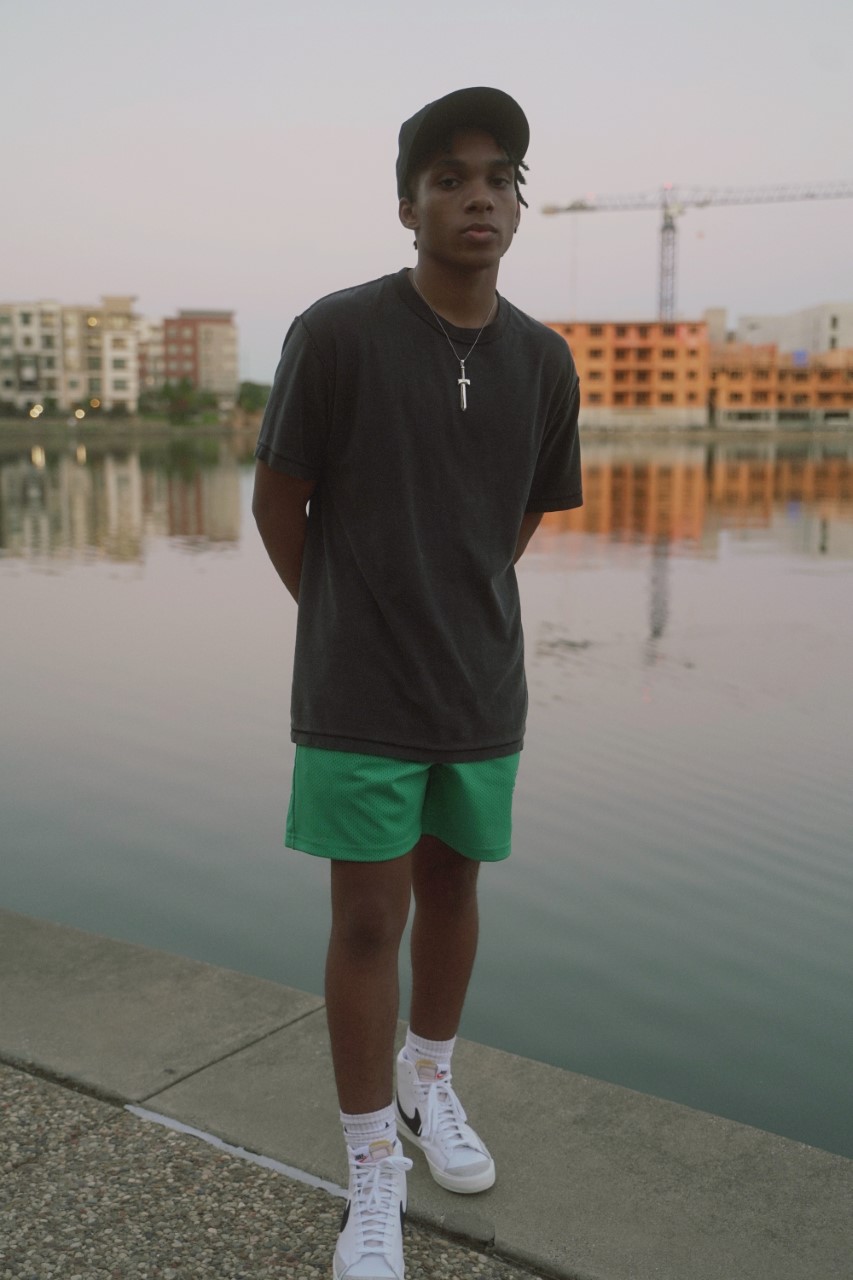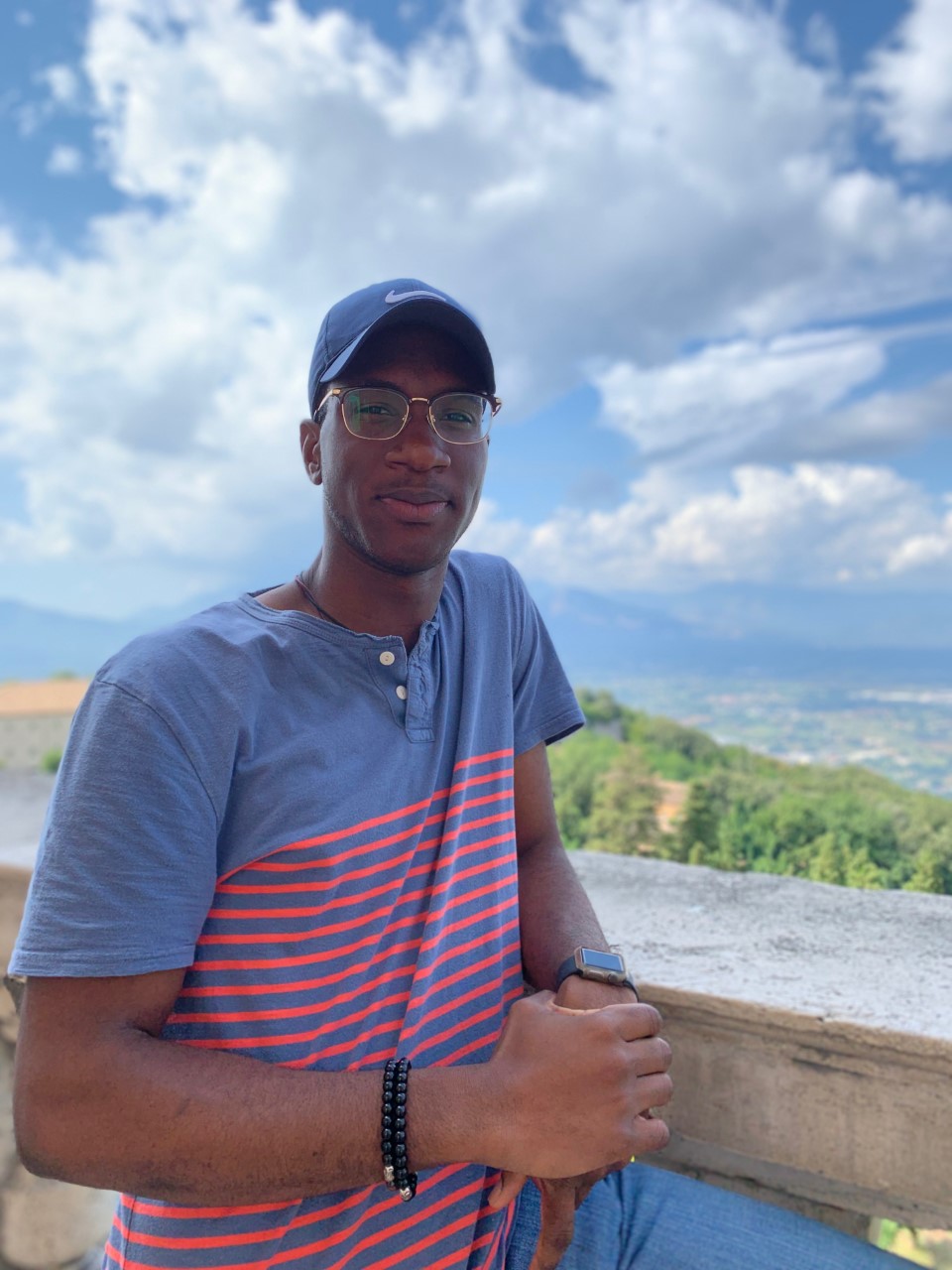You have /5 articles left.
Sign up for a free account or log in.

Wikimedia Commons
A student proposal to create a club focused on racial justice at the University of Dallas ran into opposition when some students and faculty members raised concerns that discussions of race on the conservative Roman Catholic campus would be divisive.
The proposal to establish the Student Leaders for Racial Justice organization is in limbo after being tabled twice by the University of Dallas Student Government, prompting the organizers to withdraw their proposal with plans to resubmit a revised club constitution next semester.
The original constitution for the proposed club said it would be open to all Dallas students and identified goals that would not be out of the norm for a campus group focused on race. The goals included increasing “awareness of, and appreciation for, students of color and their issues, histories, and cultures among the student body,” creating “a safe zone for all cultures that offers a welcoming, inclusive community and provides the opportunity to learn about the Black experience in America, as well as other minority experiences,” and providing “a collegial community on campus which will help students acquire a mature understanding of the nuanced racial and social issues arising in our problematic and ever-changing world.”
Part of the purpose for the club "is to have more well-informed conversations filled with empathy and compassion," Joshua Nunn, a senior at the university and one of the organizers, said at a presentation of the proposed club to the student government.
Nunn, who is Black and would be president of the proposed club, expected approval by the student government to be straightforward. But some students and faculty members raised concerns and questioned the need for such a club.
Alex Taylor, president of the Braniff Graduate Student Association at Dallas, said the premise that a club offering “a safe zone for all cultures that offers a welcoming, inclusive community” is needed “concedes an extremely controversial premise -- that UD isn’t safe for all students, that it does not welcome all students, that it does not include all students.”
 Speaking during a recorded virtual student government meeting, Taylor, who identified as Indian American, also raised concerns about "the potential for influence from outside groups," and referred to "a number of places where these sorts of programs, this kind of antiracism, critical race theory-based training have been implemented to really disastrous effects."
Speaking during a recorded virtual student government meeting, Taylor, who identified as Indian American, also raised concerns about "the potential for influence from outside groups," and referred to "a number of places where these sorts of programs, this kind of antiracism, critical race theory-based training have been implemented to really disastrous effects."
He cited as an example protests at Evergreen State University in 2017, which he characterized as "a complete kind of takeover of campus by this group of hostile student activists."
Following Taylor's remarks, some student senators voiced skepticism about the need for a club or suggested the need for broader input from the campus. Another senator argued for approving the group, describing a vote for the group as a vote for inclusivity.
Some faculty members also questioned the wisdom of such a club; 13 of them signed a statement suggesting the club could polarize the campus.
“It is essential to our mission at the University of Dallas to recognize every human person as ‘spiritual and physical, rational and free’ and to avoid as much as possible the categorization of persons by means of reductive, often politically-charged categories like ‘race,’ ‘people of color,’ ‘black,’ ‘white,’ and the like,” says the statement. “The formation of such a club, however well-intentioned, would import from the highly divisive world of social media the sort of terminology that is likely to polarize our conversations on social justice.”
The opposing faculty members largely declined to comment or did not respond to interview requests.
One of the signatories, Susan Hanssen, described the statement as an "internal document" and questioned the motives of the person who shared it with Inside Higher Ed.
"Who is trying to use media coverage to bully and harass professors who were trying to engage in civil and collegial conversation in our internal forum about what is best for our small university community?" asked Hanssen, an associate professor and chair of history.
She added, "The charter of the proposed 'Student Leaders for Racial Progress' called for a 'safe zone' for 'BIPOC' ('black,' 'indigenous,' 'People of Color'); the obvious implication that the University of Dallas is not 'safe' and the idea that humans can be categorized with such labels as 'white,' 'black,' or 'People of Color' required further conversation before such a club could be approved."
One of the 13 professors also sent a separate letter to student government representatives suggesting the proposal would single some students out for special treatment, dividing them from others, and impose burdens on them to serve as ambassadors for their race.
“The rose petals you strew at their feet will serve as egg-shells,” David Upham, an associate professor of politics, wrote in the letter. "It will be difficult for students to have the informality, relaxation, familiarity and easy equality that is essential to their making friends and otherwise participating in this wonderful community, without regard to race."
Upham declined to comment.
Other faculty members have expressed support for the club.
"I think the majority of faculty at the university are supportive," said William Cody, an associate professor and chair of the biology department, who is Black. "I can’t speak towards the concerns from the faculty that made statements, but I think the majority of faculty welcome open dialogue and discussion on campus on pretty much any topic and I think the university has always been a welcoming place for dialogue, even if it makes people uncomfortable."
José G. Espericueta, an associate professor in the Department of Modern Languages and Literatures, also said the majority of people on campus favor a club of this kind.
"Supporting these students has been easy. They are intelligent and motivated individuals who care a lot about this university," said Espericueta, who is Latino. "This is a great place to have the kinds of conversations they want to have. Part of our mission involves preparing students 'for life and work in a problematic and changing world.' Their desire to engage the community on the issues that currently challenge us is commendable."
Prince Obegolu, a junior who would be vice president of the proposed club, said he was disheartened by the opposition from some professors.
“We’re not out to create any sort of division; we’re actually here to unite the campus through discussions,” said Obegolu, who is Black. “I feel like a lot of the misunderstanding comes from the lack of talking about the issues, actually listening to how we feel as minorities that are underrepresented on campus or feel isolated.”
Just 2 percent of the undergraduates at the university are Black or African American. According to fall 2019 data from the Department of Education, 24 percent are Hispanic/Latino, 7 percent are Asian and 59 percent are white.
Ivory Toldson, a professor of counseling psychology at Howard University and co-editor of Campus Uprisings: How Student Activists and Collegiate Leaders Resist Racism and Create Hope (Teachers College Press, 2020), said the debates at Dallas tap into a commonly held attitude "that if we deny race, then racism can’t exist. But we know that that denial of race can just create the type of situation that renders those without social capital invisible, and it gives those with unearned privileges the opportunity to not have to do anything about racism.
"Where it’s more unique is the force in which they are asserting that and what appears to be the success that that element has had in stifling these students' ability to organize in that way," Toldson said of the controversy at Dallas. “You can disagree, but if you have students that are exercising their First Amendment rights to express themselves and they’re not doing it in any kind of way that’s infringing upon the rights of others, you would think that particularly the professors would understand that they have that right."
Toldson said preventing students from forming the club is an "almost egregious thing to do to those students when they’re just trying to find a safe space."
He added, "If you're listening to someone who from their perspective, their lived experience, they say, 'I need to feel more safe in my environment,' you would think that the first thing you would do is to really try to understand things from their perspective."
Jonathan J. Sanford, provost of the University of Dallas, wrote in a Nov. 14 message to faculty and students that the level of attention and anxiety that has surrounded the proposed club is "unprecedented."
Sanford wrote that more work needed to be done to refine the "vision, structure, and operative principles" of the proposed club and that student organizers would continue working with their adviser, and the provost's office, to revise their proposal. He noted that under Dallas's procedures, the student government votes only on whether a club is in accordance with the university's mission, and said establishing a club "requires additional steps of review by the administration."
"There is nothing in our Catholic intellectual tradition to suggest that taking on serious and focused conversations regarding race, ethnicity and related issues is prima facie problematic," Sanford wrote. "To the contrary, Catholic social teaching recognizes that we all are, in virtue of our very humanity, children of God, and our life’s purpose is to grow more deeply into the divine family. That divine origin is prior to our many differences, and ought to inspire us to eternal unity. The bedrock principle of Catholic social teaching is the intrinsic dignity of each person, and we are commissioned to find ways to ensure that the dignity of each person is protected, respected, and to work together towards building up communities of justice and love."
"There are also problematic ways one can undertake an examination of issues that touch on race and ethnicity," Sanford wrote. "In general, those spring from failing to recognize the ways in which we are each images of God, and they neither begin nor end in unity. On both sides of the issues, language can become weaponized and divisive. Accusations can fly from all directions. Attempts to silence one voice or another can become dominant. Force, rather than a cultivation of the art of persuasion, can rule on either side of controversial issues."
The university strongly emphasizes its identity as a Catholic university: it boasts on its website of being highly ranked in rankings of colleges with the "most religious" and "most conservative" students.
 Nunn, the would-be president of the club, said that despite the controversy, the proposed club has a lot of support on campus, including from administrators, faculty members and students. He said 78 students have signed up to join.
Nunn, the would-be president of the club, said that despite the controversy, the proposed club has a lot of support on campus, including from administrators, faculty members and students. He said 78 students have signed up to join.
Nunn said he and other students wanted to start the organization after they surveyed students and alumni following the police killing of George Floyd in May, an event that spurred calls for racial justice and protests across the nation.
The survey found that students of color were less likely than white students to feel like they fit in on campus. Among the 448 undergraduates who responded, 30.4 percent of Asian students, 21.9 percent of African American students and 34.3 percent of Hispanic/Latino students reported personally experiencing discrimination on campus.
"That is ultimately a debunker of a lot of the things they said against our club," Nunn said. "We have evidence that this actually is a problem at our school and we need to do something about it."
Like many other college leaders, Thomas S. Hibbs, president of the university, issued a statement about racial justice following Floyd's killing.
"As a Catholic university devoted to the love and pursuit of truth and justice, these issues are of the gravest concern to the entire University of Dallas community," Hibbs wrote.
Nunn said club organizers have made changes to their proposal in response to criticisms -- among other things, removing “safe space” from the proposed constitution -- and have changed their working name from Student Leaders for Racial Justice to Student Leaders for Racial Solidarity. (They originally were called Student Leaders for Racial Progress.) They will try again next semester to gain recognition.
“We had plans for a student panel, community service, a lot of good stuff for the school, but we don’t even know if we can be a club,” Nunn said.
"I don’t think we were taken at our merits for what we said we wanted to do," he said. "I think a lot of people feared what would happen when this club would come about, so much so that they didn’t want to give us a chance."




